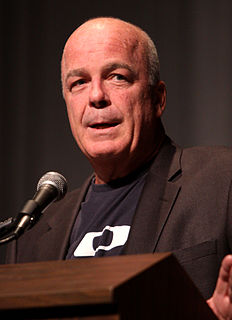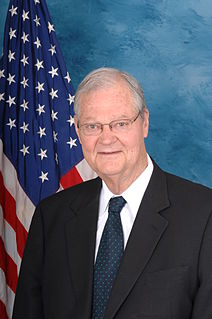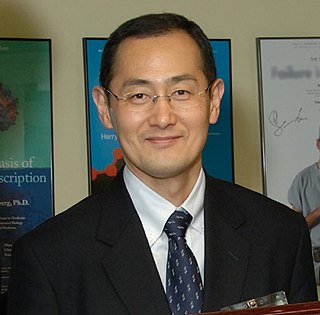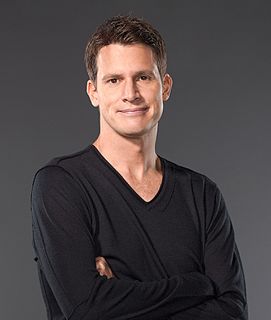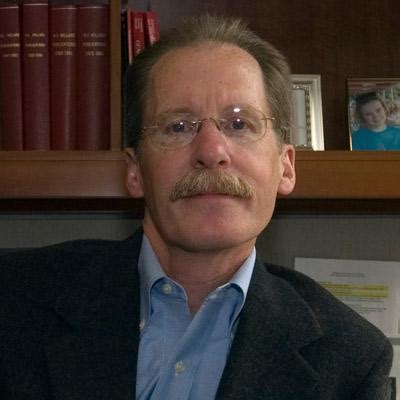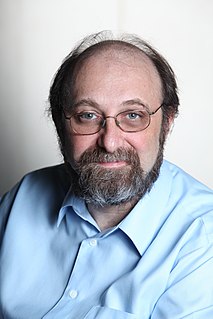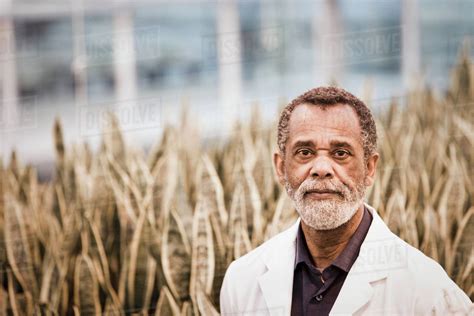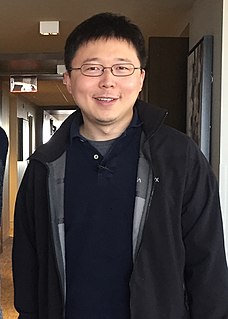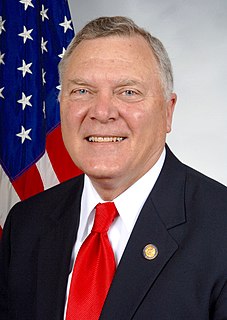Top 104 Parkinson's Quotes & Sayings - Page 2
Explore popular Parkinson's quotes.
Last updated on April 19, 2025.
There are two synergistic approaches for increasing productivity that are inversions of each other:
1. Limit tasks to the important to shorten work time (80/20).
2. Shorten work time to limit tasks to the important (Parkinson's Law).
The best solution is to use both together: Identify the few critical tasks that contribute most to income and schedule them with very short and clear deadlines.
I don't think [Parkinson's] is Gothic nastiness. There's nothing on the surface that's horrible about someone with a shaky hand. There's nothing horrible about someone in their life saying, "God, I'm really tired of this shaky hand thing" and me saying, "Me, too." That's our reality. We have no control over it.
With Parkinson's, it's like you're in the middle of the street and you're stuck there in cement shoes and you know a bus is coming at you, but you don't know when. You think you can hear it rumbling, but you have a lot of time to think. And so you just don't live that moment of the bus hitting you until it happens. There's all kinds of room in that space.
Traditionally, when you talk to people who have Parkinson's or Alzheimer's, they'll talk about how they're in five or six studies, and they've been sequenced by each study. That's just fat in the system. Just have a single data set that then you can share. You can make the entire system more efficient.
The phone is gonna disappear. Maybe it will be a bracelet. After the bracelet it will be a blood cell sized device that maybe gets installed. We already have people with Parkinson's that have chips installed in their brain to control their tremors. We already see people have pacemakers to help their heartbeats. I mean we're already putting these technologies into our bodies. It is only going to deepen.
There are environmental threats to health; there are internal threats to health - genetic conditions, viral threats, diseases like cancer and Parkinson's. And then there are societal and global ones, like poverty and lack of nutrition. And unknown viral threats - everything from a new kind of influenza to hemorrhagic fever.
By the age of 13, I knew I wanted to be a comedian like Morecambe and Wise. So, obviously, I thought I'd better start practising my interviews for Parkinson. Don't look shocked - I wasn't the only teenager to imagine that. Though I may have been the only one to have chosen T'Pau as my walk-on music.
Don't you love it when people in school are like, “I'm a bad test taker”? You mean, you're stupid. Oh, you struggle with that part where we find out what you know? Oh. No, no, I can totally relate. See, because I'm a brilliant painter, minus my God-awful brushstrokes. Oh, how the masterpiece is crystal up here, but once paint hits canvas, I develop Parkinson's.
Near the end of his life, my father proved to be, at his core, a very polite, chivalrous man. He walked the halls of the facility where he lived, introducing himself and shaking people's hands as he had done at Rotary meetings. He complimented the nurses, ‘You have a lovely figure.’ He could also eat an entire 2 lb. box of See's Candies in an afternoon, which requires considerable effort with stage five Parkinson's disease.
Evolution lies at the heart of biology. It is seamlessly and continuously linked to health research to better understand such conditions as AIDS or bird flu or Parkinson's or cancer or heart disease. Every biomedical experiment, every tiny advance, every major breakthrough ultimately connects to the principles first postulated by Darwin.
If my dramatic career doesn't work out, I will go on to research and find cures for Alzheimer's or Parkinson's and other motor neuron diseases. It's a very exciting field of research. But I'd like to continue in drama, so it wouldn't be very smart of me if I blew this amazing opportunity with an inappropriate lifestyle.
I can't not have something attached to like what actually happens in real life. Like I can't do a romantic comedy without there being something where like, in the case of Annie Hathaway's character, her character ends up having Parkinson's, you know? To me, I feel like that's love, you know? Like to me. So every movie has to have that kind of sense of that.
Bill Blass came in all the time, and I would make him roast chicken with spring potatoes and spring porcini with spring onion. And baby artichokes. And never, ever did he find a better chicken. Norman Parkinson, one of the greatest photographers alive, came every lunch to Le Cirque. And every time he would clean up his plate with his bread and then he would take his marker and write on the plate how much he loved the food. I think at Le Cirque I learned how to make real food, which is what people crave, not just gimmicky things on a plate.
For the past 10 years I have had the interesting experience of observing the development of Parkinson's syndrome on myself. As a matter of fact, this condition does not come under my special medical interests or I would have had it solved long ago. … The condition has its compensations: one is not yanked from interesting work to go to the jungles of Burma ... one avoids all kinds of deadly committee meetings, etc.
The rhythm of music is very, very important for people with Parkinson's. But it's also very important with other sorts of patients, such as patients with Tourette's syndrome. Music helps them bring their impulses and tics under control. There is even a whole percussion orchestra made up exclusively of Tourette's patients.
The first part of my life was to be an actor and maybe have some success at that. Then [it was time] to find somebody to be in a relationship with and have a life that way. Because of Parkinson's, I had to change: How can I be of service here? Is there something unique to my situation that I can use to help people? I did not have the wherewithal to invent that. It just happened in front of me and had me join in.
It’s all about control. Control is illusory. No matter what university you go to, no matter what degree you hold, if your goal is to become master of your own destiny, you have more to learn. Parkinson’s is a perfect metaphor for lack of control. Every unwanted movement in my hand or arm, every twitch that I cannot anticipate or arrest, is a reminder that even in the domain of my own being, I am not calling the shots. I tried to exert control by drinking myself to a place of indifference, which just exacerbated the sense of miserable hopelessness.
